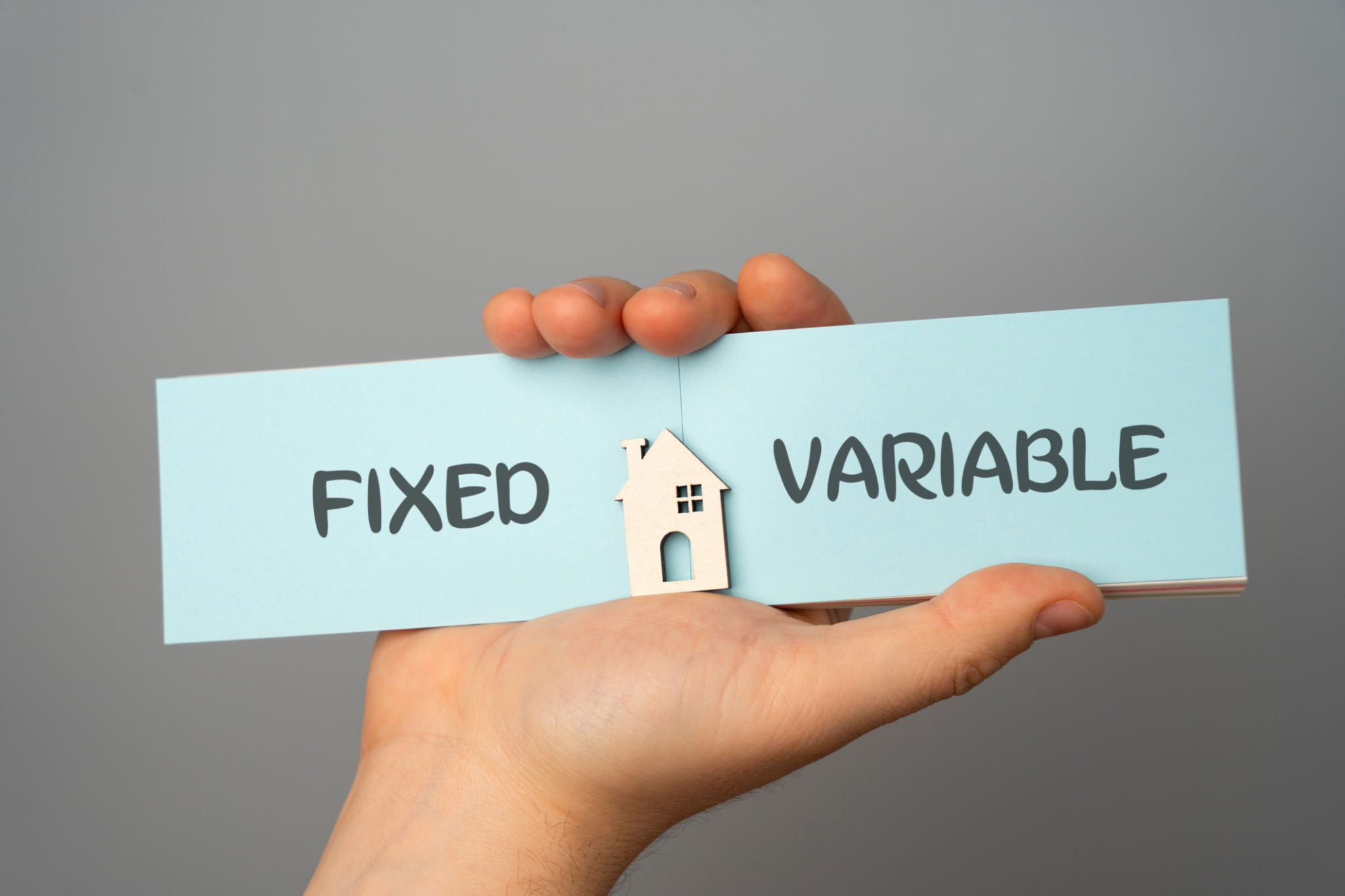Comparing Fixed vs. Variable Rate Mortgages: What You Need to Know
Understanding Fixed Rate Mortgages
When you're considering a mortgage, one of the primary decisions you'll need to make is whether to choose a fixed or variable rate. A fixed-rate mortgage offers stability and predictability, as the interest rate remains the same throughout the life of the loan. This can be particularly appealing for those who plan to stay in their home for an extended period or want to keep a consistent monthly budget.
With a fixed-rate mortgage, you won't have to worry about fluctuations in interest rates affecting your monthly payments. This stability can provide peace of mind, especially in an uncertain economic climate. However, it's essential to note that fixed-rate loans often start with higher interest rates compared to variable-rate mortgages.

The Benefits of Consistency
One of the main advantages of a fixed-rate mortgage is the consistency it provides. Knowing that your payment will remain the same every month allows for easier financial planning. This can be beneficial for families or individuals who prefer to avoid surprises in their budgeting process.
Another benefit is protection against rising interest rates. If market rates increase, your fixed rate will shield you from higher payments, making this option appealing during periods of economic uncertainty or rising inflation.
Exploring Variable Rate Mortgages
In contrast to fixed-rate mortgages, variable-rate mortgages offer initial lower interest rates that can change over time, typically in relation to a benchmark interest rate or index. These loans often start with lower monthly payments, which can make them attractive to first-time homebuyers or those planning to sell or refinance within a few years.

The Potential for Savings
The primary allure of a variable-rate mortgage is its potential for savings. If interest rates remain stable or decrease, homeowners can benefit from lower payments compared to a fixed-rate mortgage. This can be advantageous for those looking to maximize cash flow in the short term.
However, it's crucial to understand the risks involved. If interest rates rise significantly, your monthly payments could increase, potentially straining your budget. It's essential to assess your financial situation and risk tolerance before choosing this type of mortgage.
Key Differences and Considerations
When comparing fixed and variable rate mortgages, consider the following factors:
- Stability vs. Flexibility: Fixed-rate mortgages offer stability, while variable-rate loans provide flexibility.
- Interest Rate Trends: Consider current and projected interest rate trends; a rising rate environment favors fixed rates.
- Loan Duration: Your intended duration in the home can influence which type of mortgage is more beneficial.

Making the Right Choice
The decision between a fixed and variable rate mortgage largely depends on your personal circumstances and financial goals. Evaluate how long you plan to stay in your home, your comfort level with potential payment fluctuations, and your outlook on future interest rates.
Consulting with a financial advisor or mortgage professional can also provide valuable insights tailored to your unique situation. Remember, the right choice is one that aligns with both your current needs and future aspirations.